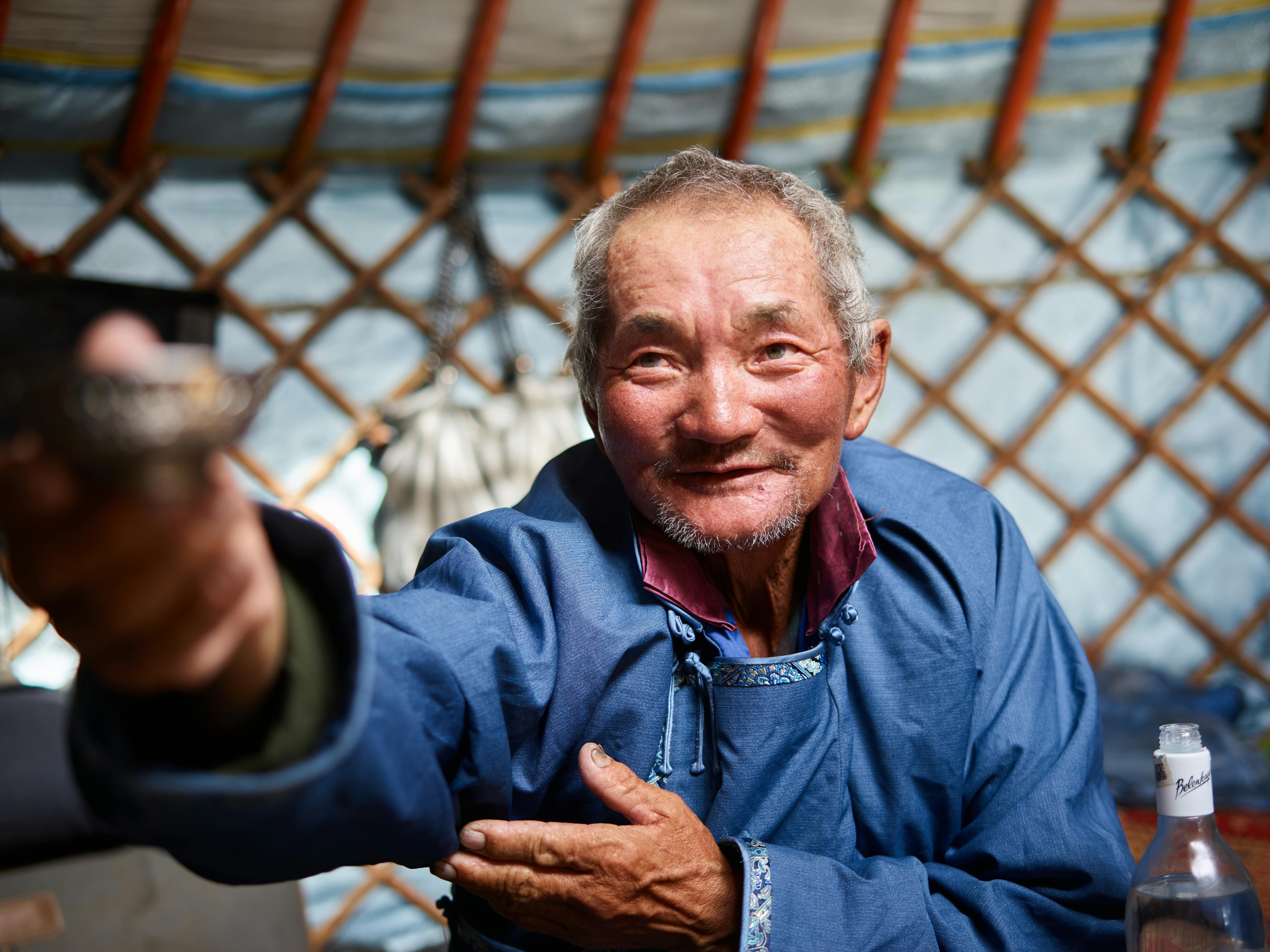Syria, a nation in the middle east, is renowned for its extensive custom that has persisted into the present day. One such tradition is the Syrian marriage. The bridal service is a lavish event meet syrian women filled with amazing rituals. The visitors and household shower the groom and wedding with love and affection. The newlyweds’ lives enter a new paragraph on the day of the syrian marriage, which is celebrated.
In addition to celebrating the happy union of the couple, the syrian wedding ceremony likewise serves as a charitable deed. The bride-to-be known as “ktab” is expected to receive a payment from the groom’s community. The Ktab is a requirement, and without it, the wedding is incomplete. The man and his household are expected to give presents to the visitors in addition to paying a dowry. These presents are referred to as “adliyah”.

A syrian ceremony is customarily celebrated with music and dance. At the ceremony party, customers are invited and served coffee and foods. A old-fashioned syrian musical ensemble known as “arada” plays the song. The group is made up of troubadours and singers who sing the Prophet Mohammad’s praises. In addition, the arada praise the happy couple while reciting spiritual lines. Typically, a Syrian wedding lasts until the wee hours of the morning.
A victim’s bride was regarded as her biggest and most significant lifestyle event prior to the start of the battle. It served as a metaphor for her change from being an impressionable young woman to her womanly responsibility and her separation from her household. However, as a result of the conflict’s beginning and the exodus of households from Syria and abroad, many Syrians have switched to more Western-inspired wedding rituals. However, a lot of individuals continue to practice the rites.
The bridal shower, which is typically held in a tiny gathering, is the first step in any standard syrian bride. The bride’s nearby companions and youthful cousins prepare her while she is surrounded by them. The wedding is finally driven to her home by the guys. The groom is cheered and clapped for as he enters the porch by a group of shouters and performers known as the “arada.” Typically, the groom must wait at the hallway for a family member to pay him the number he requests.
The wife then makes her grand entry as a sizable crowd from both families congregates inside or outside of the building. The bride enters the room wearing her bridal gown and is led to her seat by her maid of honor and best male during this time, which is followed by more audio and applause. The rest of the newlyweds then enter one by one, and until the bride and groom arrive at their table, anyone cheers louder and dances.
Connections with person’s extended family are highly valued in clan-rich communities like the Manbij area, and weddings offer a chance to develop these ties. Additionally, luminaries take advantage of this opportunity to mediate disputes between arguing people. This is frequently accomplished by exerting force on both communities to extend an invitation to the other’s bride.

